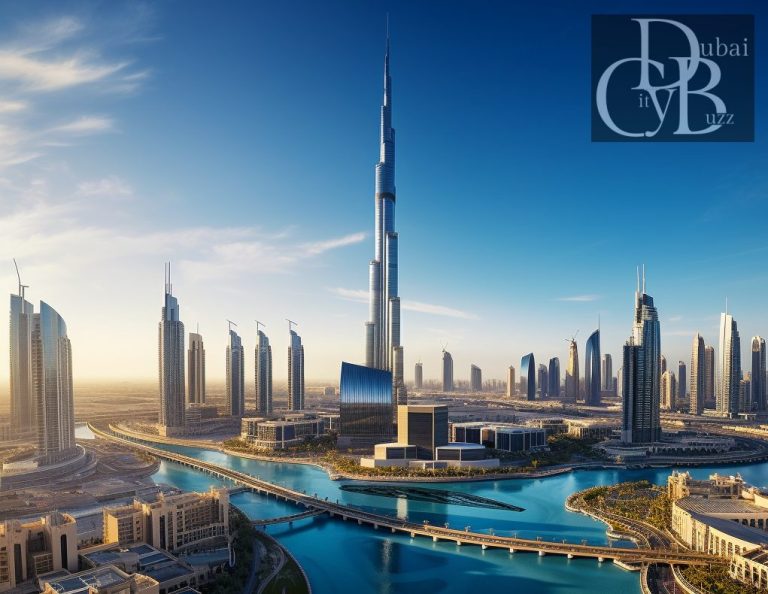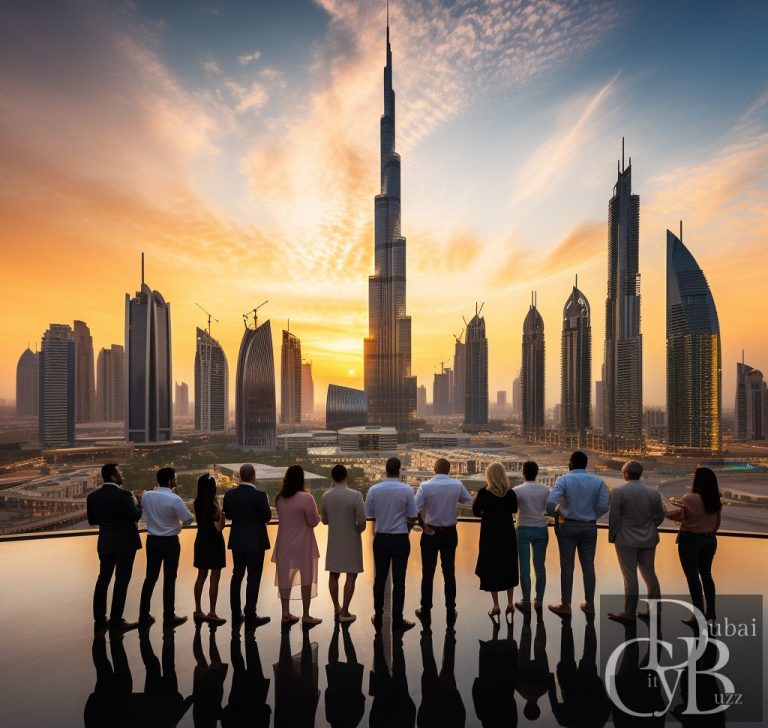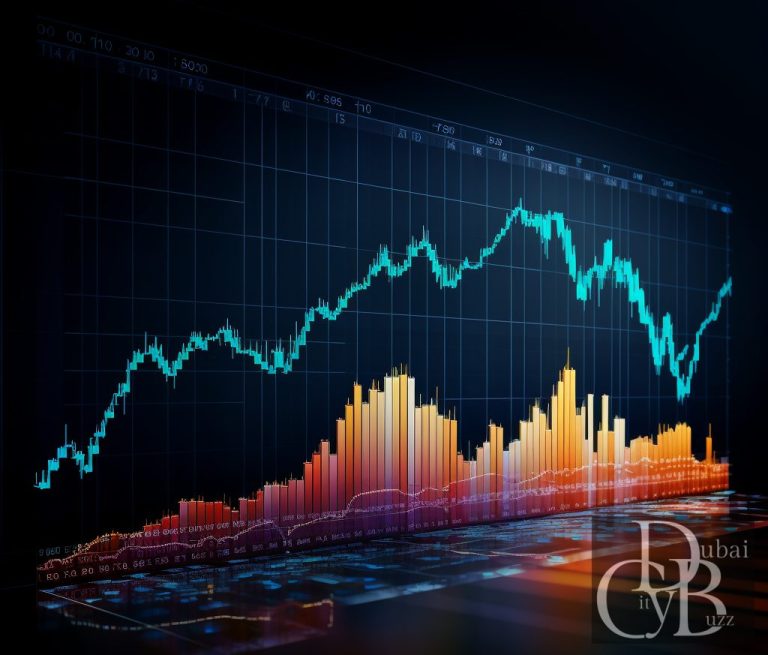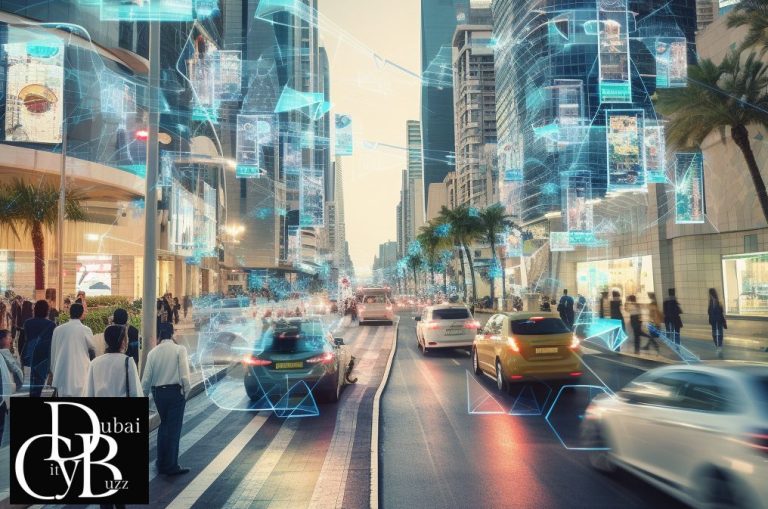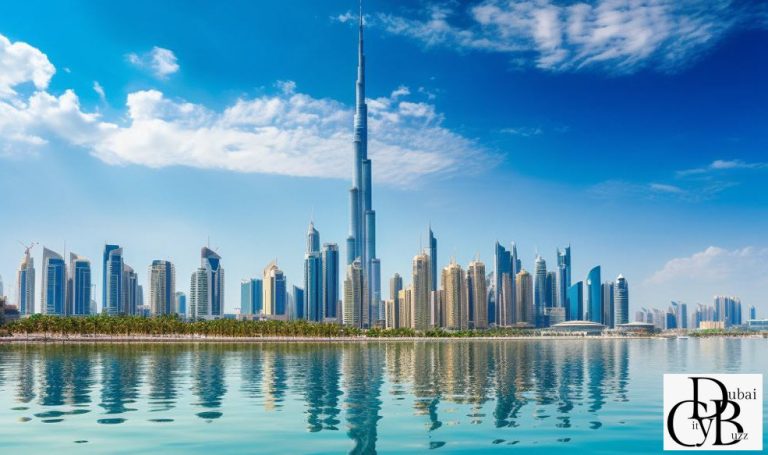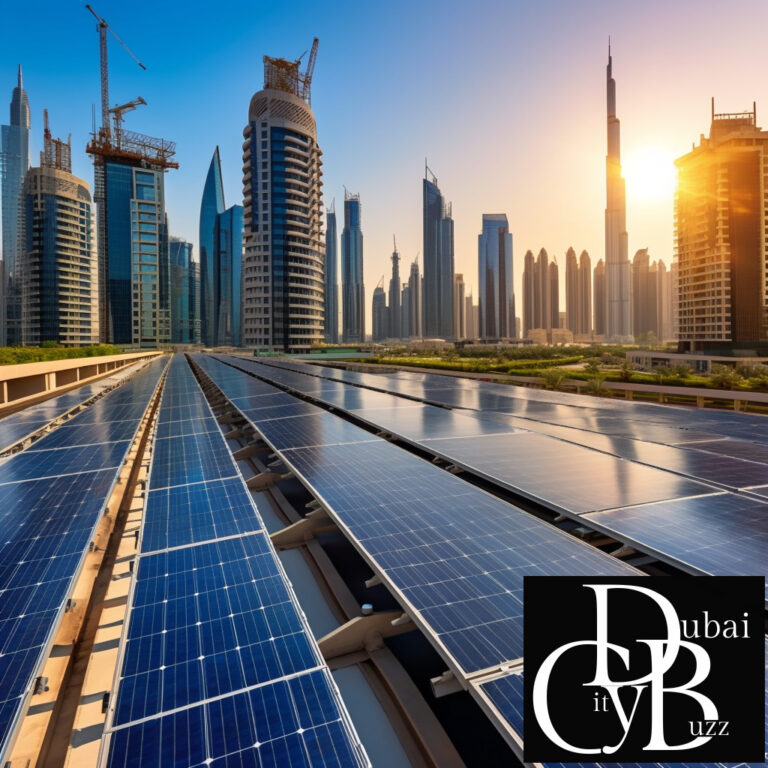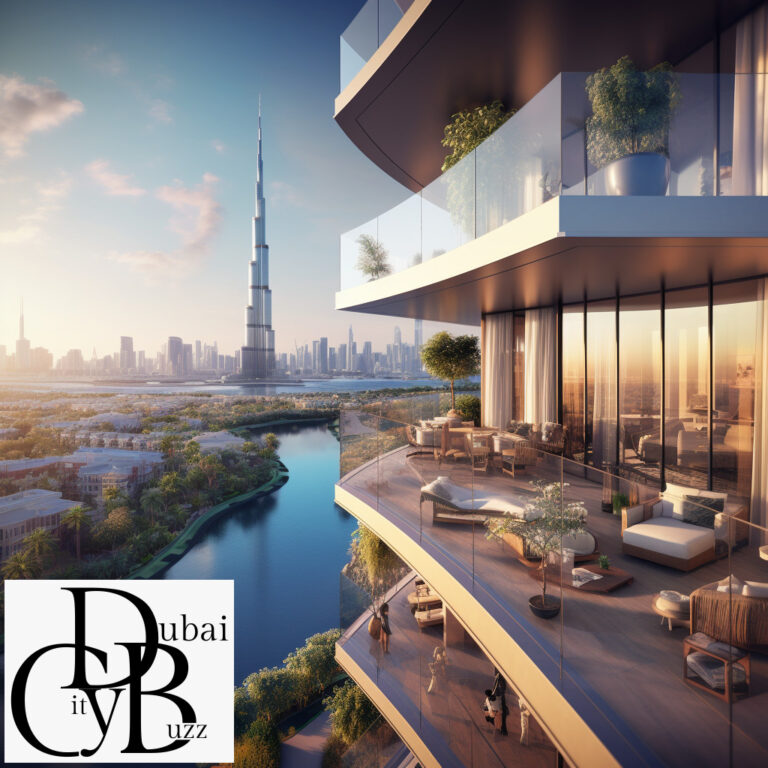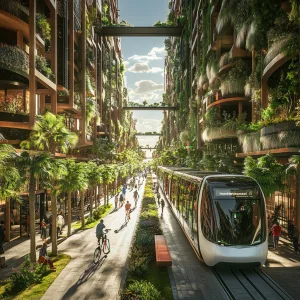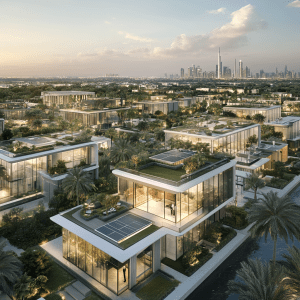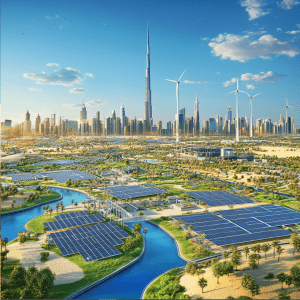Dubai has set itself on a progressive path to becoming one of the world’s...
Invest
Providing a 1-year eviction notice to a tenant in Dubai is a formal process...
Dubai, a city synonymous with opulence and modernity, has become a global hub for...
Dubai, the glittering jewel of the United Arab Emirates, is a city known for...
Dubai, the gleaming gem of the United Arab Emirates, has earned a reputation for...
The UAE EIBOR (Emirates Interbank Offered Rate) is a crucial benchmark interest rate used...
Dubai, the epitome of innovation and technological progress, has emerged as a global leader...
Dubai, known as the “City of Gold,” has become an international hub for business...
Dubai, known for its luxurious skyline and ambitious architecture, is rapidly emerging as a...
Dubai’s real estate market has witnessed a remarkable surge in off-plan properties in recent...


